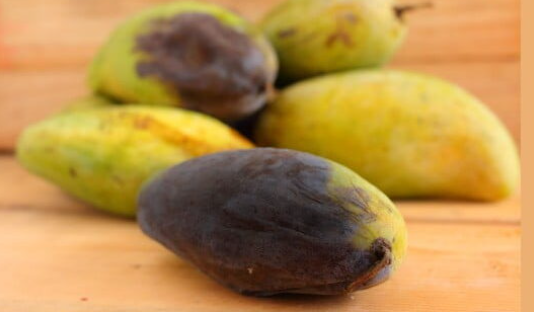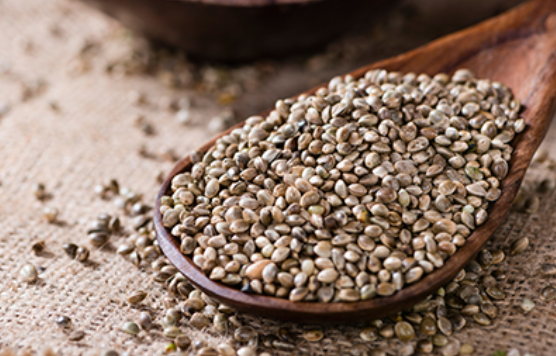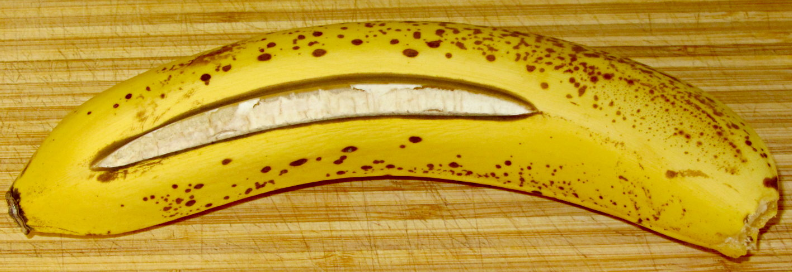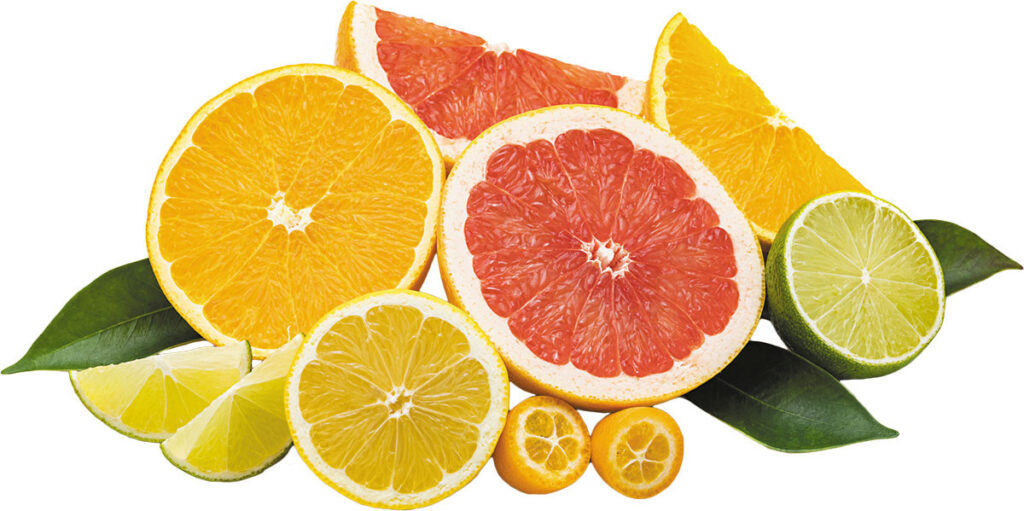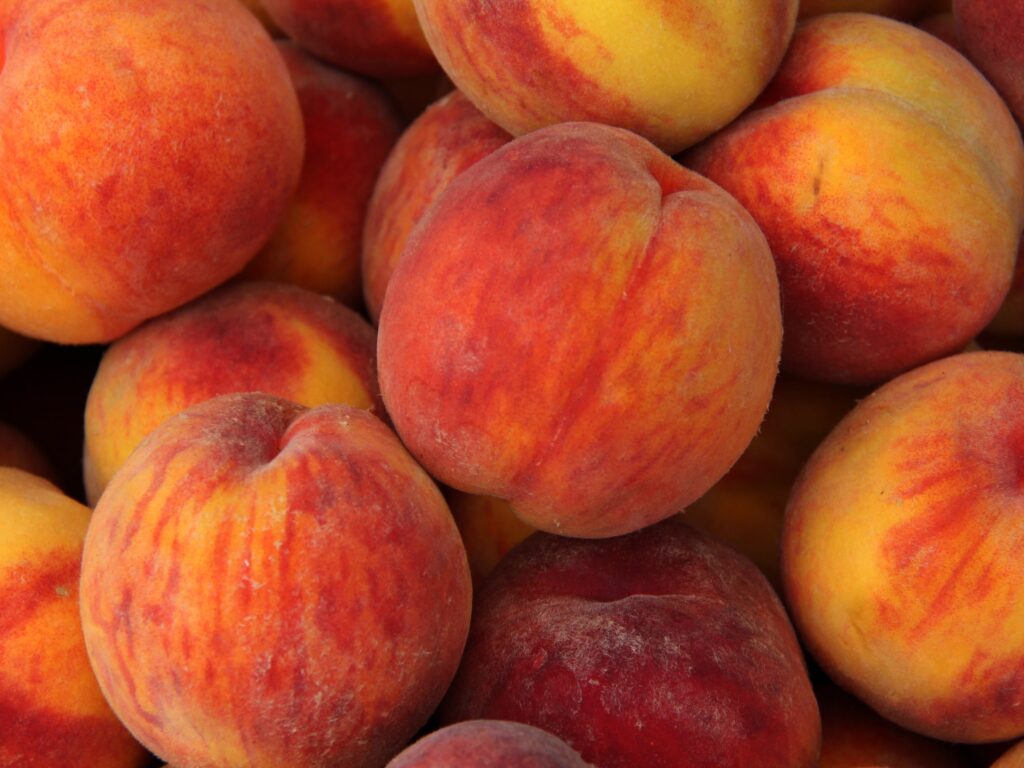Carrying a baby is a wonderful and exciting time that comes with a lot of anticipation and careful attention to what you eat. Expectant mothers often wonder which foods are safe and beneficial during these important months.
Pineapple is a fruit that’s famous for its yummy tartness and bright taste, and lots of people love to eat it. However, when it comes to eating pineapple during pregnancy, it’s a good idea to know how it can affect your health and your baby’s. We’re going to take a close look at the good stuff and the stuff to watch out for when you eat pineapple while you’re pregnant.
Table of Contents
- Is Pineapple Safe and Healthy for Pregnant Women?
- What’s in a Pineapple? Nutritional Insights
- 1. Vitamin C
- 2. Manganese
- 3. Fiber
- 10 Reasons Why Pineapple is Good for Pregnancy
- 1. Loads of Vitamin C
- 2. Enhances Digestive Wellness
- 3. Packed with Vital Nutrients
- 4. Fights Inflammation Naturally
- 5. Boosts Your Energy
- 6. Helps Make Collagen
- 7. Boosts Immunity
- 8. Keeps You Hydrated and Reduces Water Retention
- 9. Helps Manage a Healthy Pregnancy Weight
- 10. Fixing Your Sweet and Tangy Cravings
- Risks and Things to Be Careful About
- 1. Being Sensitive to Bromelain
- 2. Making the Uterus Tighten Up
- 3. Acid in Pineapples
- Eating Pineapple Right
- In Summary
Is Pineapple Safe and Healthy for Pregnant Women?
Yes, eating pineapple is generally safe and comes with lots of health benefits for both the mom-to-be and the baby. Pineapple is packed with vitamin C, which helps digestion, fills you up with important nutrients, reduces inflammation, gives an energy boost, helps make collagen (good for your skin), beefs up your immune system, keeps you hydrated, aids in having a healthy pregnancy weight, and helps when you’re craving something sweet and tart.
What’s in a Pineapple? Nutritional Insights
Eating pineapple is great for your health because of all the nutrition it offers.
Let’s look at some important nutrients you get from pineapple:
1. Vitamin C
Pineapple is super rich in vitamin C, an important nutrient that helps keep your immune system strong, helps your body make collagen, and helps you absorb iron better. When you’re pregnant, it’s super important to keep your immune system in tip-top shape for your health and your baby’s, too.
2. Manganese
Manganese is a mineral our bodies need to work right. It’s involved in lots of different reactions in the body. Pineapple has a good amount of manganese, which is great for your metabolism – it helps your body use carbohydrates, proteins, and cholesterol. Getting enough manganese while you’re pregnant is important for staying healthy overall.
3. Fiber
Pineapple has fiber in it, which is great for helping with digestion and avoiding constipation – a very common problem when you’re pregnant. When your digestive system is working well, your body can get all the nutrients it needs more efficiently.
10 Reasons Why Pineapple is Good for Pregnancy
Eating pineapple has lots of health benefits, especially when you’re expecting.
1. Loads of Vitamin C
Pineapple is famous for being really high in vitamin C, which is so important for moms-to-be.
This vitamin not only supports the immune system but also helps keep your skin healthy and helps your body soak up iron better. Plus, it’s an antioxidant that helps protect both you and your baby from the damage of free radicals.
2. Enhances Digestive Wellness
A lot of women have trouble with digestion when they’re pregnant, like getting constipated or having heartburn.
Pineapple has an enzyme called bromelain, which helps break down food and make your tummy feel better. Bromelain helps your digestive system work smoothly, giving you relief from common tummy troubles that happen during pregnancy.
3. Packed with Vital Nutrients
Pineapple is full of important nutrients that are good for you and your growing baby.
It has a lot of manganese, which is great for bones and helps your baby’s bones develop. Also, pineapple is a source of folate, an essential nutrient that helps prevent certain birth defects in your baby’s brain and spine.
4. Fights Inflammation Naturally
Being pregnant can sometimes lead to swelling and inflammation. Pineapple can help with this because it has natural anti-inflammatory properties. The bromelain in pineapple doesn’t just help digestion; it also reduces swelling and inflammation in the body, which can be very helpful when you’re pregnant.
5. Boosts Your Energy
Carrying a baby can be tiring, and it’s common to feel worn out and low on energy.
Pineapple can give a healthy and tasty boost to your energy levels because it has natural sugars and carbs. So when you’re feeling tired, a sweet piece of pineapple can help perk you up.
6. Helps Make Collagen
Collagen is a protein that’s important for keeping your skin, joints, and tissues strong and elastic.
During pregnancy, your body changes a lot, and eating pineapple can help your body make collagen because it has plenty of vitamin C. This can help your skin stay flexible and give you a lovely pregnancy glow.
7. Boosts Immunity
Having a strong immune system is super important during pregnancy to keep both you and your baby safe from sickness.
The high amount of vitamin C in pineapple is key for giving your immune system a boost, making sure your body’s defenses are up and keeping you healthy as you wait for your little one to arrive.
8. Keeps You Hydrated and Reduces Water Retention
Staying well-hydrated is always important, and even more so when you’re pregnant. Pineapple can help because it’s full of water. Eating pineapple keeps you hydrated and, at the same time, acts like a diuretic. That means it helps your body get rid of excess water, which can prevent swelling from too much water retention.
9. Helps Manage a Healthy Pregnancy Weight
It’s really important to keep a healthy weight while you’re pregnant, both for you and for your baby. Pineapple is a low-calorie food that’s also high in fiber, so, it can help you feel full and avoid eating too much of other things. It can be a sweet and nutritious part of your diet that helps you stay on track with your weight during pregnancy.
10. Fixing Your Sweet and Tangy Cravings
When you’re pregnant, you might really want to eat something sweet and tangy. It can be really nice to have something that tastes good like that.
Pineapple has a sweet and tangy taste all on its own, which is great when you’re looking for a healthier choice instead of sweets with a lot of sugar. Eating a piece of pineapple can make you feel good because it’s delicious and it helps you eat right.
Risks and Things to Be Careful About
Pineapple is really good for you, but you have to remember that it can also have some risks, so you should be careful.
Let’s think about these important points:
1. Being Sensitive to Bromelain
Some people might have a problem with bromelain, which is something found in pineapples. If they’re allergic, they could get itchy or have bumps on their skin, or they might even have serious problems like their face getting swollen or having a hard time breathing.
2. Making the Uterus Tighten Up
Pineapple has bromelain which can make the muscles in the uterus tight if you have too much of it. This could cause the baby to come too early. It’s best to eat pineapple just a little bit at a time and talk to a doctor if you’re worried about it.
3. Acid in Pineapples
Pineapples have acids called citric acid and ascorbic acid. If you eat too many foods that are acidic, you might get heartburn or acid reflux, which a lot of pregnant people feel.
Eating Pineapple Right
The most important thing is to not eat too much pineapple. If you eat it along with a variety of other foods, you can get the nutrients you need and it can be good for you.
Here are some good ideas to remember:
- Pick pineapples that are ripe: Ripe pineapples are tastier because they’re sweeter and have more sugar in them that’s natural, so they’re nicer to eat.
- Watch how much you eat: Make sure to only eat a small amount of pineapple at a time, especially if you’re worried about the bromelain or it making your uterus tight.
- Combine pineapple with other things: When you eat pineapple with other foods that are good for you, you can make a meal or snack that gives you the right nutrition while you’re pregnant.
In Summary
Pineapple can be really good for women who are pregnant if they don’t eat too much of it. It has vitamins, minerals, and fiber that are important for the health of the mom and the baby growing inside her. But, it’s also important to be careful about the bromelain, making the uterus tight, and the acids in pineapple. If you eat a balanced diet and know what’s best, you can enjoy pineapple and take care of yourself and your baby at the same time.


